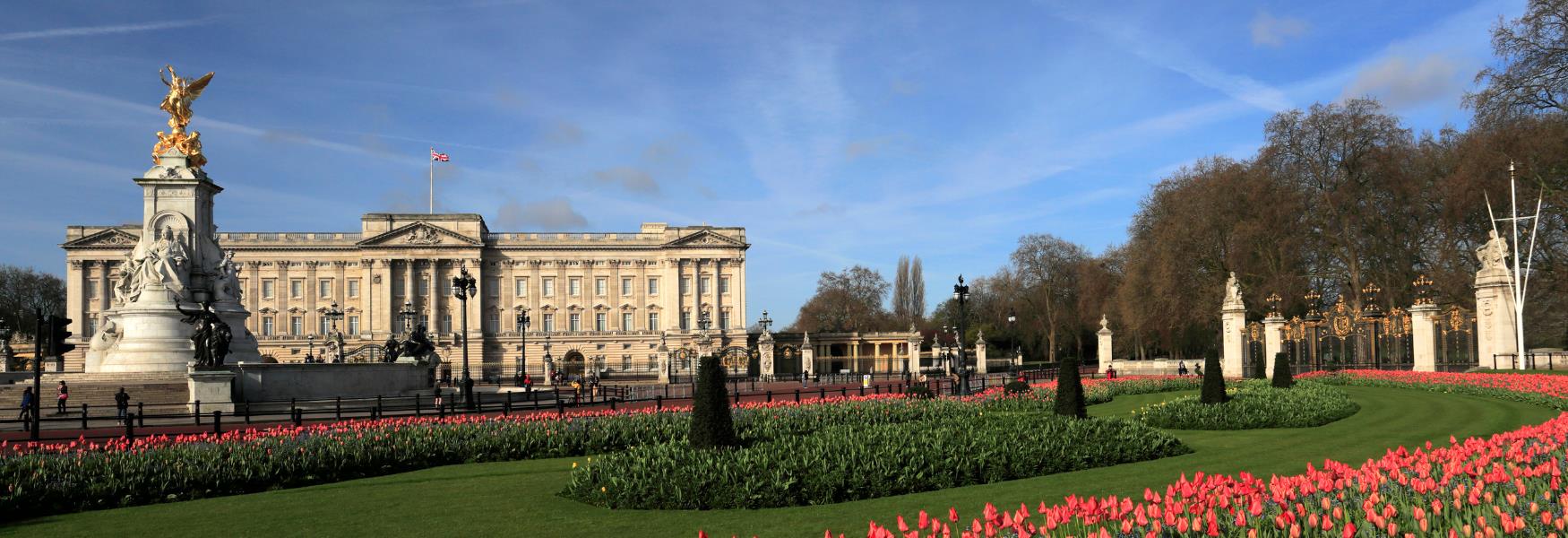To build your own Itinerary, click  to add an item to your Itinerary basket.
to add an item to your Itinerary basket.
Already saved an Itinerary?



You are here: UK History > Royal History > House of Lancaster > Henry VI | The English French King
Following the death of his father, Henry VI ascended the English throne at just nine months old. He was also named as the heir to the throne of France at the same time, despite the fact that his father didn’t live long enough to become King of France. His maternal grandfather, King Charles of France, died two months after Henry V, making the infant Henry heir.
Born: 6th December 1421, Windsor Castle
Died: 21st May 1471 (aged 49), Tower of London
Reign: 1st September 1422 - 4th March 1461 and then again 3rd October 1470 – 11th April 1471
Parents: Henry V of England and Catherine of Valois
Predecessor: Henry V (father, first time) Edward IV (cousin, second time)
Successor: Edward IV (cousin)
Spouse: Margaret of Anjou
Children: Edward of Westminster
Royal House: Plantagenet, Lancaster branch
While his coronations didn’t take place for a number of years and he didn’t receive independence for over a decade, he remains the youngest person to ever succeed the English throne and is the only English monarch to also been crowned as King of France. Overall, he was the King of England from 1422-1461 and then again from 1470-1471 and the disputed King of France from 1422-1453. Unlike his father, who had a short but successful reign, Henry was thought to be an ineffective ruler and has been described as being mentally unstable, suffering from mental health issues throughout his reign.
Being named king at such a young age meant that Henry didn’t have much of a chance to enjoy his childhood. His first coronation took place at the age of seven, he was then officially made King of France three years later. At the time of his father’s death, his mother was just 20 years old and wasn’t allowed to have a full role in raising him. Many of the English nobles were suspicious of her French heritage and he mostly relied on the men appointed by his father to raise him. The nobles gathered together to rule in his name when he was just two, with his uncles John, Duke of Bedford, and Humphrey, Duke of Gloucester, being the most powerful. John looked after France, while Humphrey was Lord Protector and Defender of the Realm, governing in England.
While he was still young, his mother remarried, becoming the wife of Owen Tudor and having two more sons, Edmund and Jasper, both of whom were given earldoms. Edmund Tudor would go on to father a future king of England. We’ll find out more about him when we get to the Tudor dynasty.
As a child king, Henry didn’t have an awful lot of say in how the country was being run, with much of the ruling being done by quarrelling nobles leading to a rise in disorder. Many of the nobles fought each other and Henry had inherited the issues faced by his father and grandfather with other members of the family laying claim to the throne. He also inherited the Hundred Year’s War from his father and grandfather, which took up a lot of his advisor’s time. As he got older, he also had to deal with his uncle, Charles in France, who contested his claim to the throne and his cousin, Richard the Duke of York, who was seen as a much more popular alternative in England.
As you might expect from a young king who could be easily manipulated, there were a number of advantageous marriages proposed for him, all of which fell apart. In a bid to end the Hundred Years’ War and the tensions with his uncle Charles, who had become Charles VII of France after contending Henry’s right to the French throne, he married Charles’ niece, Margaret of Anjou. Margaret was very strong willed and had a much more dominant personality than Henry, despite only being 15 when they wed. He was 24. The marriage took place at Titchfield Abbey on 23rd April 1445 and produced one son, Edward of Westminster.
Unfortunately for Henry, the treaty failed, leading to the continuation of the war and leaving him to contend with Margaret and her ambitions. On the whole, he was considered to have a shy, pious nature and was averse to bloodshed which allowed for his court to be dominated by a few nobles. In fact, historians say that much of his unpopularity came from the favouritism displayed to certain individuals. One such noble was William de la Pole, who was the most unpopular of the inner court. Henry ended up having to exile him to appease other powerful nobles, however he was murdered and left on the beach at Dover, which sparked further battles with France. So much territory was lost in France due to this and the continuing Hundred Year’s War that England only retained ownership of Calais.
By his early thirties, Henry began to experience mental health issues. He had a mental breakdown in 1453 and during this episode he became completely unresponsive and was even unaware of the birth of his son. It is believed that his mental health condition was inherited from his French grandfather, who was also affected by psychiatric issues throughout his reign. As his condition worsened, parliament named his cousin, Richard the Duke of York as Regent. Richard immediately got to work tackling the country’s financial problems and was popular with the nobles. Henry regained his health in December of the following year, but by that time, the nobles had started to back the claims of the House of York, first to control the government and then the country, stating that the Duke of York had a stronger claim to the throne than Henry did and that Richard should be named heir. This led to further tensions between the cousins and the nobles, many of which were divided and took sides, leading to the War of the Roses, also known as the Cousin’s War.
Civil war broke out in 1455, after heavy fighting for five years, Henry was captured and deposed by Edward, the son of Richard Duke of York, who claimed the throne, ruling as Edward IV.
While being held in the Tower of London, Henry’s wife, Queen Margaret sent out her own forces who killed Richard Duke of York at the Battle of Wakefield. Henry was freed, but his mental health had taken a toll leaving him weak and unwell. He was defeated again by Edward, but evaded capture, fleeing to Scotland with Margaret. Edward briefly returned to the throne, but Margaret used her French connections to rally enough support to force him into exile and return Henry to the throne.
While Henry did become King once again in 1470, the war and imprisonment continued to seriously affect his mental health and he was unable to rule. He left much of the work to Richard Neville the Earl of Warwick and his cousin, George, Duke of Clarence, which was an odd choice considering that George was the younger brother of Edward of York. As you might expect, the Duke of Clarence turned against Henry and at the Battle of Tewkesbury, Edward IV was once again restored to power and Henry’s only son, Edward of Westminster was killed. Henry found himself in the Tower of London again but died shortly afterwards. Some historians think that he died of melancholia after hearing about the death of his son, but others believe that he was killed on the orders of Edward IV.
Henry was originally buried at Chertsey Abbey but was later exhumed and moved to St George’s Chapel at Windsor Castle by Richard III, Edward’s brother who betrayed him and took the throne for himself. It has been claimed that there were several miracles attributed to Henry after his death and he was informally regarded as a saint and martyr. Though he is remembered as being an ineffective king who left the country divided and in financial ruin, his legacy does include the founding of a number of educational institutions including Eton College, King’s College Cambridge and All Souls College Oxford. It should also be noted that he continues to be the only monarch to hold both the English and French crowns. Much of his legacy was popularised by Shakespeare who wrote several plays featuring the Henrys of this time.
Dartford, Kent
Henry accepted the surrender of Richard, Duke of York while in Dartford's Holy Trinity Church
Bolton by Bowland Church, Lancashire
It is believed that Henry influenced the design of the church’s tower after hiding there for a year during the War of the Roses.
Bywell Castle, Northumberland
Henry escaped a battlefield to this castle, leaving his crown and weapons behind.
Christ’s College and King’s College Cambridge University
Henry VI founded the colleges.
Eton, Berkshire
Henry VI founded Eton College.
King's Head, Aylesbury
This historic coaching inn was where Henry spent his honeymoon.
Tower of London
Henry was imprisoned here.
© Visit Heritage 2025. All Rights Reserved

.png)


